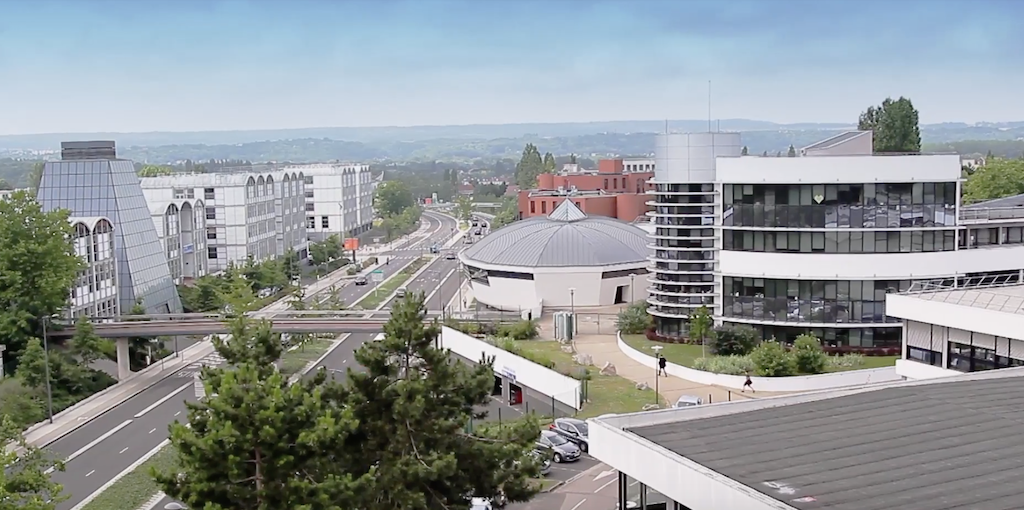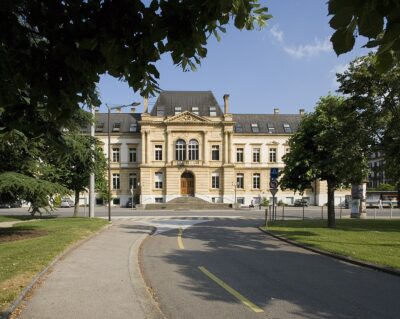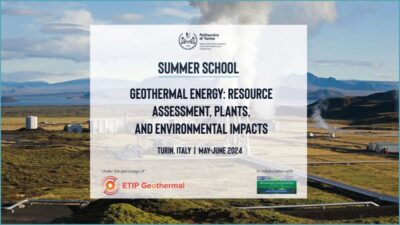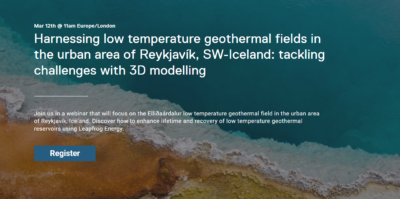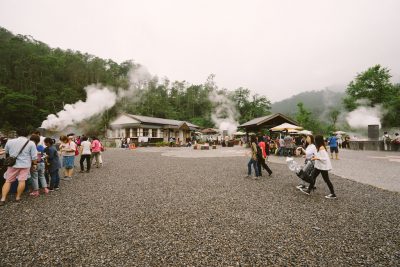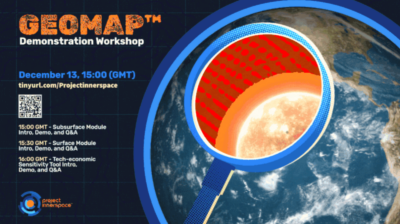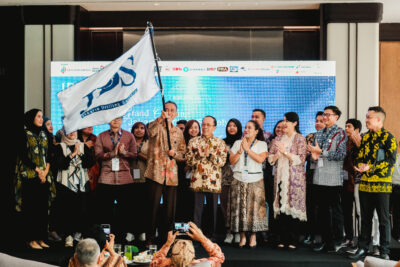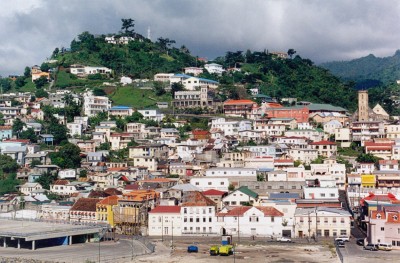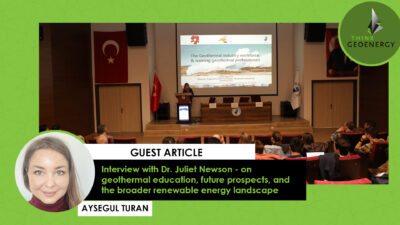Job: Post-Doc in sedimentology, rock physics and modeling for geothermal energy
The Université de Cergy-Pontoise in the northwest of Paris/ France has published an opening for a post doctoral position in Sedimentology, Rock Physics and Modeling for Geothermal Energy.
The Université de Cergy-Pontoise in the northwest of Paris/ France has published an opening for a post doctoral position in Sedimentology, Rock Physics and Modeling for Geothermal Energy – Transport properties in heterogeneous siliciclastic formations.
Geological Context
Enhancing petroleum sedimentary systems for electricity and/or thermal production is a crucial progress for future developments in geothermal energy. The European research consortium MEET aims to investigate this feasibility in various geological contexts selected across Europe.
The Triassic formations within the Paris Basin (from 2 to 3 km depth) are exploited for both their hydrocarbon-bearing reservoirs and their good geothermal potential, making them excellent candidates for energy co-production. Many geothermal operations have beenconducted within the Middle Jurassic (Dogger) limestones of the Paris basin as hot water reservoirs for about 30 years, resulting in a progressive drop in the aquifers temperature. In that context, the deep Triassic reservoirs of the basin are a credible alternative for geothermal energy, displaying higher temperatures (80-150 °C) than the Dogger reservoirs.
Siliciclastic formations deposited during the Upper Triassic are widely exploited for oil & gas in the Paris basin, providing valuable data for reservoir characterization. The geothermal potential of these formations is mostly controlled by (i) thermal storage capacities of sandstones, (ii) their depositional settings, and (iii) their diagenetic evolution. Diagenetic processes like silicification or dolomitization induced by paleosoil formation and fluid circulations in vadose or aquifer environments seem to have a great impact on the distribution of good reservoir properties.
Main objectives of the postdoctoral position
The study will be focused on a convertible oil field within a siliciclastic formation of the Paris basin and its associated reservoirs. They are well-documented, instrumented and several cored sections of the reservoirs are available. This work will be closely connected to the sequential organization of the Upper Triassic series. Some knowledge will be gained through a field analogue located in the Ardèche Margin. One of the main objectives is to better constrain fluid flow properties in heterogeneous siliciclastic reservoirs at the small scale (typically from the pore scale to the centimetre scale). Overall, this study will provide the groundwork for future developments into modelling the fluid flow at larger scales (from the metric scale to the geological formation), using numerical tools and simulations.
The effort of the Postdoctoral Fellow will be concentrated on (1)analyzing the origin and timing of the diagenetic phases, (2)determining the parameters controlling the fluid-flow
properties, (3)integrating those elements into the stratigraphic framework and (4)providing valuable inputs for future numerical simulations of fluid flow.
The Postdoctoral Fellow will have access to the full laboratory capabilities of the GEC, including microscopy (optical, S.E.M., confocal, cathodoluminescence, RAMAN) and rock physics facilities (for determination of porosity, permeability, acoustic wave propagation, electrical conductivity…). Further collaborations with other laboratories are also a possibility.
Requirements
Applications are invited for the position of Postdoctoral Fellow in Sedimentology, Rock Physics and Modeling for Geothermal Energy in the Department of Geosciences and Environment at UCP. The position can commence in October 2019, for one year. Applicants should have either a PhD degree in Geology or Geological Engineering. Special consideration will be given to applicants with experience in rock physics, microstructure analysis of rocks, sedimentology and modeling of fluid flow.
Interested applicants should contact Dr. Jean-Baptiste Regnet or Dr. Philippe Robion at the address given below before 31st of July 2019 and provide the following: (i) an up-to-date CV, (ii) a statement of research and industrial experience and (iii) names of two referees who can comment on the capacity of the applicant to participate in research oriented work.
Supervision
- Jean-Baptiste Regnet, GEC, UCP (jean-baptiste.regnet@u-cergy.fr)
- Sylvie Bourquin, Géosciences Rennes (sylvie.bourquin@univ-rennes1.fr)
- Philippe Robion, GEC, UCP (philippe.robion@u-cergy.fr)
- Béatrice Ledésert, GEC, UCP (beatrice.ledesert@u-cergy.fr)
Xavier Sengelen – xavier.sengelen@u-cergy.fr
Source: Université de Cergy-Pontoise
